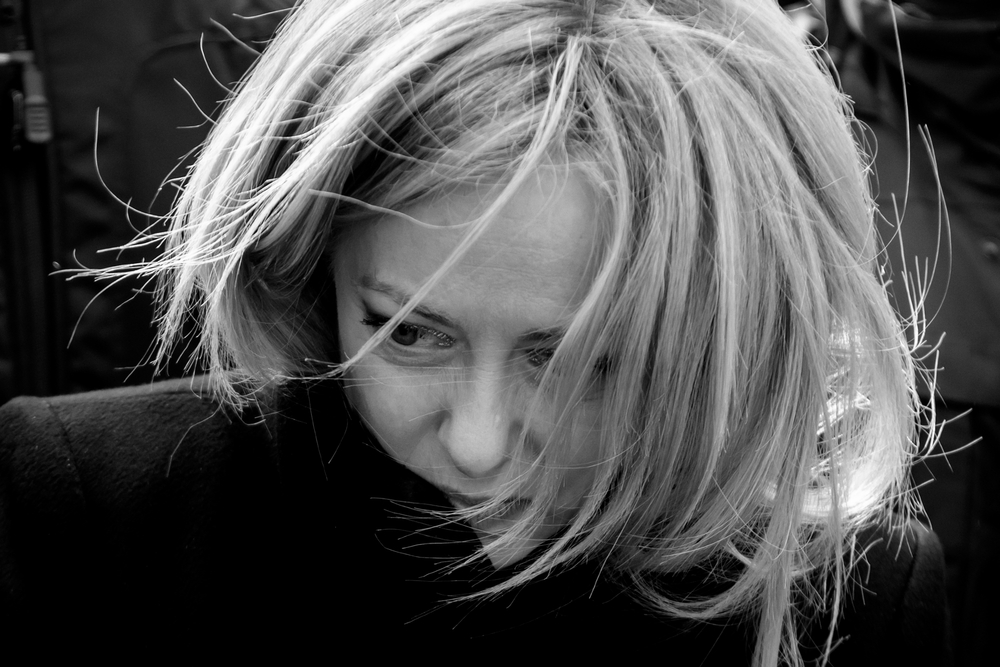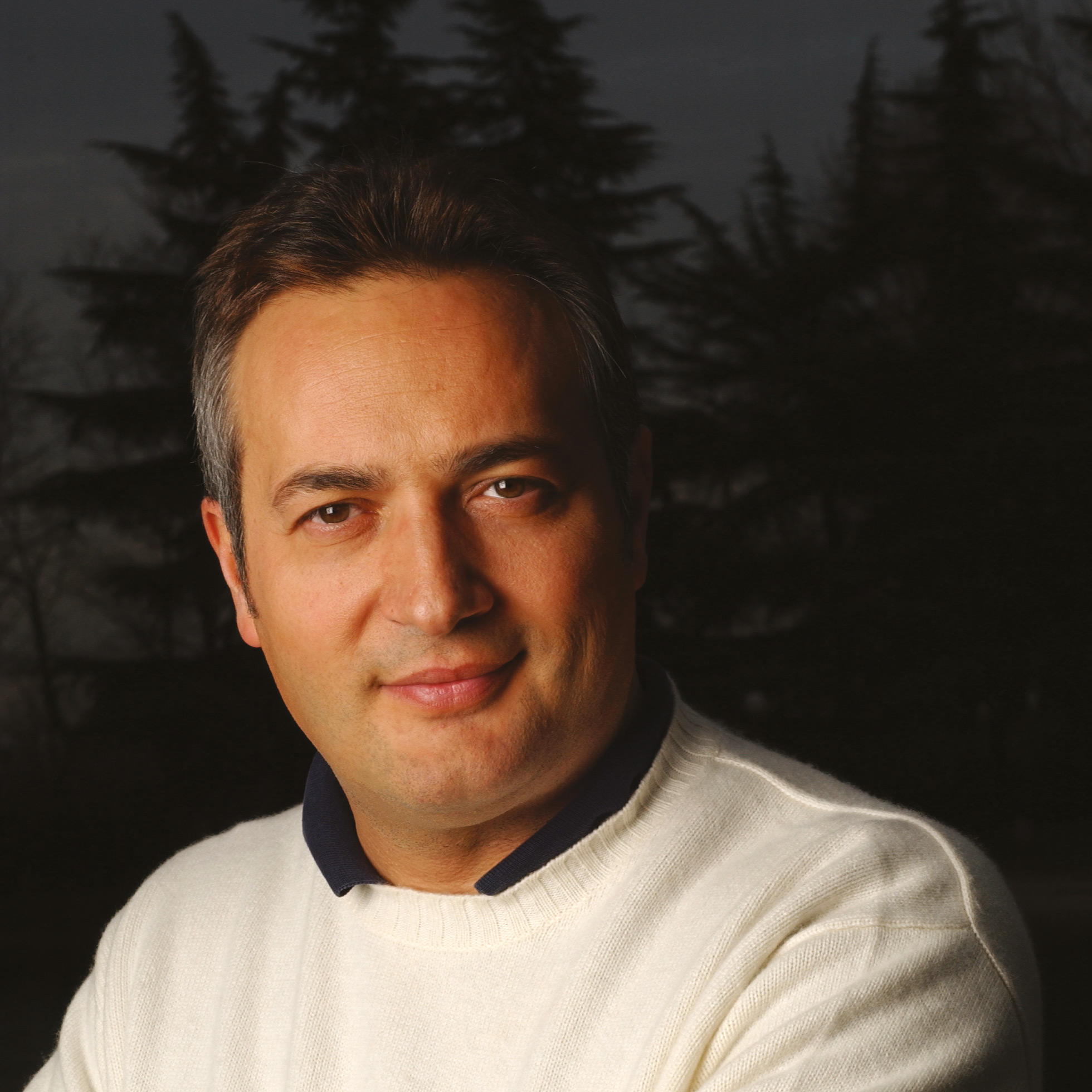The semantics—or to put it more simply, the meaning—of the word “tax,” more often used in the plural, “taxes,” is quite complicated. For the average citizen, it’s understood as something obligatory but unpleasant, especially when taxes are perceived as excessive or unfair.
For the average Italian citizen, this perception is more than accurate: Italy has one of the highest tax burdens in Europe, nearly 42%, and 12% of taxpayers cover 60% of income tax (IRPEF). In short, not everyone pays, and those who are traceable and accountable end up paying for everyone. Tax evasion and avoidance cost the state around 100 billion euros—a sum that could fund three excellent budget laws.
But there’s an even more subtle and damaging consequence: tax evaders demoralize those who do pay, making them feel a bit foolish and cheated. Speaking of semantics, there’s another evolution—or regression, depending on your point of view—to consider. Taxes are now associated with the political left, which wants to impose them mostly on the rich, while the right is rhetorically accused of wanting to cut them for everyone, particularly the wealthy.
This might seem like an oversimplified narrative, but what happened after Economy Minister Giorgetti’s public statement about sacrifices is telling. Following heated debates, even within the governing coalition, Prime Minister Meloni personally took to social media—she does this often—and without any intermediaries, reaffirmed that she would not impose or increase taxes. However, if we strip away the drama of political clashes, it becomes clear that a debt-ridden state, short on funds for various reasons, cannot afford to be generous with the revenues that sustain it. As a result, fuel excise taxes will be adjusted, and property taxes will be reformed.
In response to his coalition allies’ opposition, Giorgetti, a member of the right-wing Lega party, called them populists. We started with words, and we end with words. Poor Tajani, a seasoned politician known for his moderate stance both in Italian and European politics, was recently branded as a “people smuggler” (at Pontida) and a “populist” within just a few days. And these labels didn’t come from Schlein or Conte, but from those he governs with. But if Tajani is a populist, then our poor vocabulary has run out of words for Vannacci.


